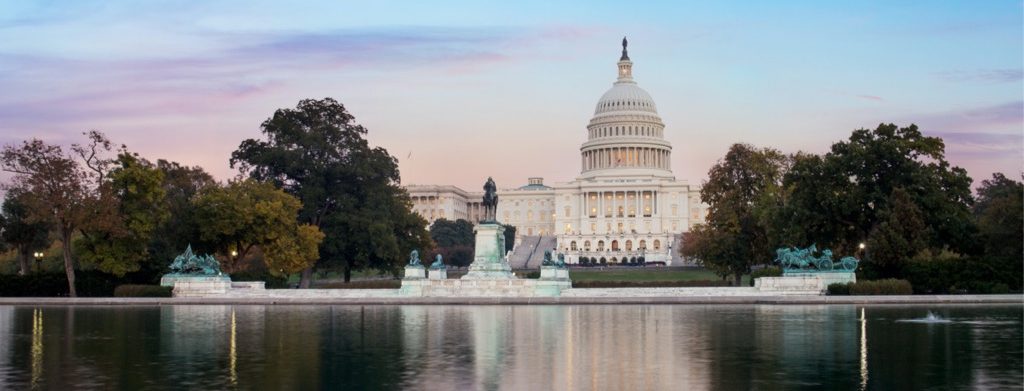
Dawkins v. United States: How Far Must A Party Go To Preserve Issue For Appeal?
In an opinion issued last week, Dawkins v. United States, 41 A.3d 1265 (D.C. 2012), the D.C. Court of Appeals addressed the issue of how far a party must go in order to preserve an issue for appeal. The Court also confirmed the long-standing principle that the potential bias of a witness is always relevant in assessing a witness’ credibility.
Jonathan Dawkins and a friend were walking down the street when they were approached by three police officers. Officer Craig Solgat greeted Hawkins and asked if he had any contraband on his person. Dawkins said no. Solgat claimed Dawkins consented to the search that resulted in recovery of a concealed weapon. Dawkins said the officer simply searched him.
During the pre-trial suppression hearing, Dawkin’s lawyer attempted to question Solgat about a civil suit pending against the officer for false arrest. Judge Lynn Leibovitz sustained the government’s objection to this line of inquiry. She also denied the lawyer’s attempt to make a proffer: “Not right now. The question is on that night was there a consent. And to the extent that someone else has sued not in this case, I conclude it’s not relevant to the question presented in this hearing.”
On appeal, Dawkins argued that the trial court erred when it precluded him from cross-examining Solgat about the civil suit without first hearing a proffer. The D.C. Court of Appeals agreed.
The Court rejected the government’s contention that Dawkins failed to preserve the issue by not raising it again later in the proceedings, even though the Judge had qualified her refusal to hear the proffer with “not now.” Citing other instances in which the Judge “hurried the cross-examination” or sustained objections on other questions not specifically addressing the question of consent, the Court held that Dawkins’ lawyer was perfectly justified in concluding that any further questioning on the civil suit was closed: “When counsel has attempted to proffer a particular type of evidence and the trial court has made its unwillingness to entertain a proffer absolutely clear, counsel should not be expected to risk contempt by pressing further to make an offer of proof.” Under such circumstances, “counsel can be said to have preserved the point for review.”
The Court also concluded that the trial court’s decision to preclude questioning on the civil suit without first hearing Dawkins’ proffer constituted reversible error. “It is beyond question,” the Court stated, that the “bias of a witness is always relevant in assessing a witness’ credibility.” And if the trial court had permitted the proffer, “it might have determined that the existence of, and some details about, this civil suit were relevant to Officer Solgat’s credibility because they offered Dawkins the opportunity to expose the potential for bias, unconscious or otherwise, in the officer’s testimony.”
Finally, because Officer Solgat was not just a key government witness but the government’s only witness at the suppression hearing, the trial court’s refusal to hear the proffer was not harmless: “The great weight that the trial court necessarily placed on Officer Solgat’s testimony, combined with the absence of any other evidence, makes the exclusion of evidence from which the trial court might have inferred bias highly significant.”
